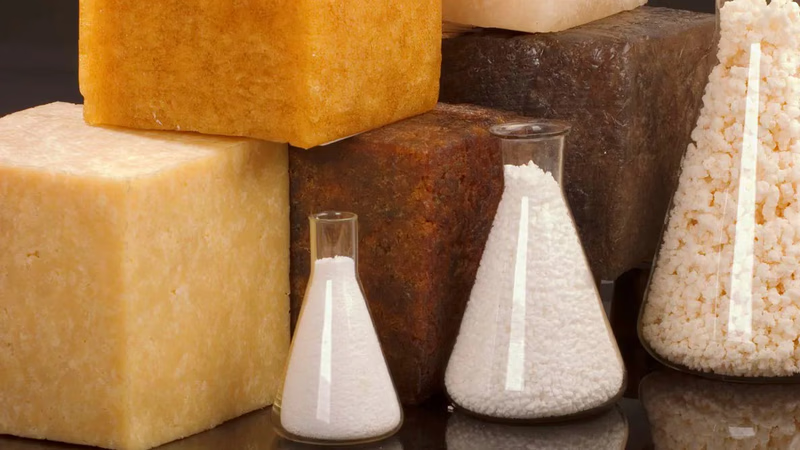
How is the trade of polybutadiene shaping the petrochemical markets in West Asia?
Polybutadiene, a high-demand synthetic rubber, plays a pivotal role in the petrochemical trade dynamics of the Middle East and West Asia. As one of the largest producers of butadiene rubber, the region benefits from abundant feedstocks like butane and propane, crucial for polybutadiene production. This advantage positions the Middle East as a competitive supplier of Polybutadiene Rubber (PBR) to global markets. The PBR market in West Asia is driven by its use in tire manufacturing, industrial goods, and plastics, with applications extending to Styrene Butadiene Rubber (SBR) and Acrylonitrile Butadiene Styrene (ABS) production. Given its chemical properties like high wear resistance and low-temperature flexibility, Polybutadiene continues to command strong demand in regional and global industries. Verified B2B marketplaces in Asia facilitate the trade of PBR by connecting regional exporters with global importers. These platforms also offer market insights, enabling stakeholders to track Polybutadiene Rubber prices, which vary based on feedstock costs, production rates, and regional demand. Additionally, innovations in supply chain solutions have streamlined the export of PBR, making West Asia a central hub for petrochemical trade.
In the broader petrochemical spectrum, ethylene and polypropylene also significantly impact West Asia"s trade. Ethylene serves as a key precursor in producing PBR and other derivatives, while polypropylene’s versatility supports its soaring demand in Asia. These commodities, alongside polybutadiene, highlight the region’s growing importance in global trade. Business networking platforms like Aritral simplify these trade dynamics by offering verified regional product listings, AI-powered marketing, and connecting exporters and importers. As the Middle East strengthens its position as a petrochemical powerhouse, Polybutadiene and associated products remain at the forefront of the region"s trade growth.
-
 Ali Khazari 2 months ago
Ali Khazari 2 months ago Iran
Polyethylene, Petroleum Coke, Diesel Fuel
Iran
Polyethylene, Petroleum Coke, Diesel Fuel
Supplier of petrochemical products and refinery petroleum productsDetails
-
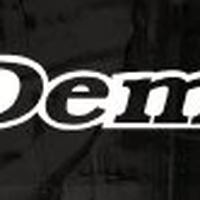 Dempo Gıda Ambalaj 3 months ago
Dempo Gıda Ambalaj 3 months ago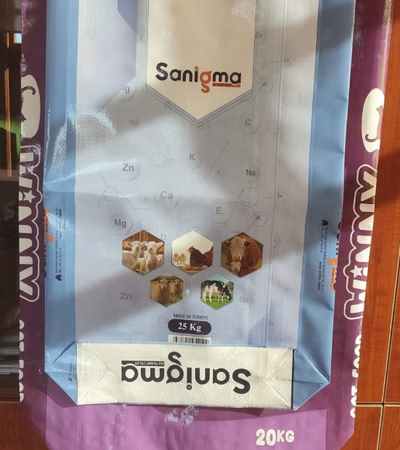 Turkey
Bags
Turkey
Bags
We are a leading company based in Konya, Turkey, specializing in the production of a wide range of bags, including fertilizer bags, chemical bags, con...Details
-

 Iran
Jae Jahan Nama Asadi Trading Compani بازرگانی جام جهان نما اسدی
Iran
Jae Jahan Nama Asadi Trading Compani بازرگانی جام جهان نما اسدی
I am a supplier of foos such as Deinks and Juices , Carbonated drinck , and without gas , sparkling water and mineral water all kinds of dry fruits Sa...Details
-
 Arbenco Petrochemical Company 3 months ago
Arbenco Petrochemical Company 3 months ago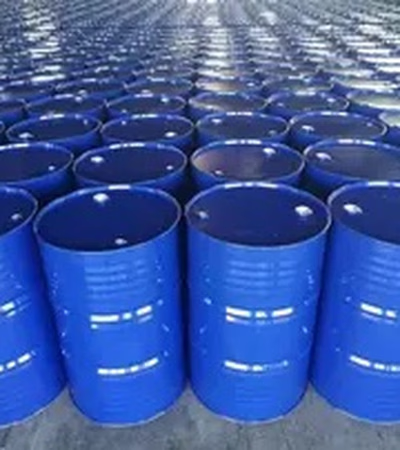 Bahrain
I have 50 thousand tons of methanol. Do you buy or do I have a customer for them?
Bahrain
I have 50 thousand tons of methanol. Do you buy or do I have a customer for them?
For sale: 50 thousand barrels of methanol, phone number: 0097339211616Details
-
Acrylonitrile Butadiene Styrene Trade in West Asia
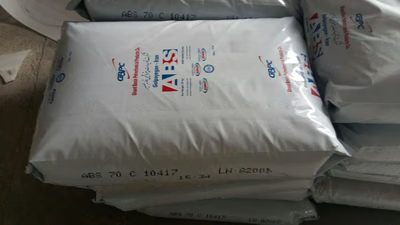
Acrylonitrile Butadiene Styrene (ABS) is a resilient thermoplastic polymer widely used in industries such as automotive, electronics, and construction. In the Middle East, the ABS market is experiencing notable growth due to increasing demand across these sectors. This expansion is supported by the region"s robust petrochemical industry, which ensures a steady supply of essential feedstocks such as butadiene, acrylonitrile, and styrene. Key West Asian players leverage their proximity to raw material sources, including ethylene, polypropylene, and styrene butadiene rubber, to strengthen supply chains and meet regional and international demand. B2B trade platforms, such as Aritral, play a pivotal role in enhancing ABS trade dynamics in West Asia. These platforms enable verified exporters and importers to connect, ensuring transparency and reliability in trade. Regional product listings and market insights on commodity trade further help businesses make informed decisions. The West Asian ABS plastic market benefits from these tools, driving both local and international trade.
ABS polymer is especially favored in plastic injection molding, where its high impact resistance, glossy finish, and thermal stability are critical for creating durable products. However, challenges such as fluctuating raw material prices and competition from alternative resins like nylon and polybutadiene impact the market. As the broader petrochemical sector in the Middle East, including butane and propane markets, continues to expand, opportunities for ABS production and trade are set to increase. Verified B2B supply chain platforms are vital for navigating these dynamics, fostering connections, and driving growth in global ABS trade. Aritral simplifies these processes with its AI-driven tools, enabling seamless trade of ABS and other petrochemical commodities. "
-
Exploring Butane and Propane Trade Dynamics in Asia
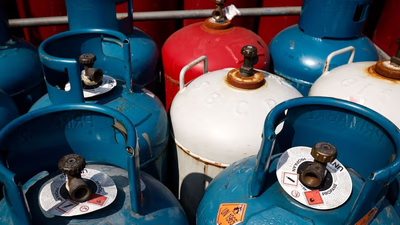
Butane and propane, two liquefied petroleum gases (LPG), are pivotal commodities in the Middle East and West Asia"s petrochemical trade landscape. These hydrocarbons play a significant role in fueling industrial processes, energy production, and chemical manufacturing. As demand surges in Asia, particularly for reliable energy sources and petrochemical feedstocks, butane and propane trade dynamics have evolved to become more interconnected across regions. Verified exporters and importers utilize B2B marketplaces and trade platforms to streamline supply chains and ensure quality standards. In the Middle East, both butane and propane are by-products of extensive oil and gas refining processes, making the region a leading supply hub. As West Asia boosts its import-export capabilities, these commodities are increasingly transported to energy-hungry Asian markets. B2B platforms such as regional trade advertising platforms and networking solutions facilitate smoother transactions and more transparent business operations, allowing suppliers to connect directly with buyers seeking bulk LPG solutions. The petrochemical derivatives of butane and propane, including ethylene and polypropylene, further underscore their economic importance.
Ethylene serves as a cornerstone for producing polyethylene and specialty resins, while polypropylene has witnessed soaring demand across sectors such as packaging and automotive manufacturing. Insights into styrene butadiene rubber (SBR) and acrylonitrile butadiene styrene (ABS) highlight their relevance in industrial applications, reinforcing the value of verified B2B platforms in shaping trade dynamics for these derivatives across West Asia and the Middle East. Aritral, an AI-driven B2B platform, simplifies international trade by offering AI-powered marketing, direct communication tools, and verified product listings. Such platforms are critical for connecting supply chains in the butane and propane markets, ensuring efficient trade solutions and fostering regional growth. "
-
Ethylene Trade in the Middle East: Petrochemical Opportunities
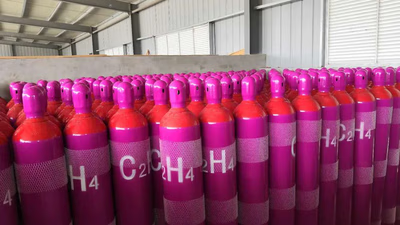
Ethylene, a vital petrochemical feedstock, is the cornerstone of several industrial applications, including the production of Polypropylene, Polybutadiene, Styrene Butadiene Rubber (SBR), Acrylonitrile Butadiene Styrene (ABS), Nylon, and various resins. In the Middle East, particularly West Asia, ethylene production and consumption are central to the region"s thriving petrochemical industry. The Persian Gulf countries are among the world’s largest producers and exporters of ethylene due to abundant natural gas resources, which serve as a key raw material for its production. On platforms such as Aritral, businesses can buy and sell ethylene, enabling verified exporters and importers to connect seamlessly. As an AI-driven B2B marketplace, it provides supply chain solutions, market insights, and verified product listings tailored to the unique trade dynamics of the Middle East. Ethylene trade in West Asia benefits from robust commodity markets, competitive pricing, and strategic geographic positioning that facilitates global exports. Polypropylene, another significant derivative of ethylene, sees high demand in Southwest Asian markets. Middle Eastern suppliers dominate this segment, exporting to both regional and global markets.
Similarly, Polybutadiene and Styrene Butadiene Rubber (SBR) are integral to the automotive and industrial sectors, with production concentrated in the Middle East. Resins such as polyester, phenolic, silicone, and epoxy, alongside Nylon and LPG derivatives like Butane and Propane, are essential commodities traded across the Middle East and Asia. These products align with the region’s emphasis on petrochemical exports, supported by trade platforms that streamline buyer-seller interactions and provide real-time market trends. Aritral simplifies this ecosystem by offering AI-powered marketing and direct communication tools, ensuring efficient transactions across borders. Businesses seeking to leverage Middle Eastern petrochemical markets can access specialized insights and connect with verified partners efficiently. "
-
Nylon Trade in Middle East & West Asia: Insights, Trends, and Growth
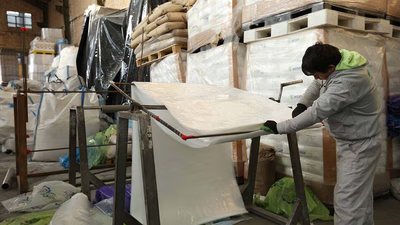
Nylon, a versatile polyamide polymer, has become a cornerstone of global trade, particularly in the Middle East and West Asia. The region"s robust petrochemical infrastructure, driven by abundant resources like ethylene, butane, and propane, provides a solid foundation for nylon production and distribution. Ethylene, a critical feedstock for nylon, plays a pivotal role in shaping trade dynamics in West Asia, linking upstream petrochemical capabilities with downstream industrial applications. Verified B2B marketplaces in Asia are instrumental in facilitating this trade, connecting suppliers with buyers and ensuring transparency across supply chains. Polyamide polymers, including nylon, see significant demand across industries like textiles, automotive, and industrial components. The Middle East nylon market has experienced steady growth, supported by regional product listings and trade advertising platforms that promote buying and selling in West Asian countries. Insights from verified exporters and importers reveal that nylon enjoys high demand due to its durability, versatility, and lightweight properties. Trade dynamics are further influenced by polypropylene and styrene butadiene rubber (SBR) markets, which complement nylon applications in textiles and industrial sectors.
Resins such as acrylonitrile butadiene styrene (ABS) and polybutadiene rubber also play crucial roles in regional supply chains, meeting diverse industrial needs. Middle East trade platforms facilitate these interactions, leveraging AI-driven tools for market insights and supply chain solutions in Asia. Aritral, an AI-powered B2B platform, simplifies the trade of nylon and other polyamide polymers via services like global sales assistance, product listings, and AI-powered marketing. By connecting verified exporters and importers, Aritral ensures seamless trade operations in the nylon market and beyond, contributing to the growing prominence of West Asia in global trade. "
-
Polybutadiene Rubber Market Insights in Middle East & Asia

Polybutadiene, a high-demand synthetic rubber, plays a pivotal role in the petrochemical trade dynamics of the Middle East and West Asia. As one of the largest producers of butadiene rubber, the region benefits from abundant feedstocks like butane and propane, crucial for polybutadiene production. This advantage positions the Middle East as a competitive supplier of Polybutadiene Rubber (PBR) to global markets. The PBR market in West Asia is driven by its use in tire manufacturing, industrial goods, and plastics, with applications extending to Styrene Butadiene Rubber (SBR) and Acrylonitrile Butadiene Styrene (ABS) production. Given its chemical properties like high wear resistance and low-temperature flexibility, Polybutadiene continues to command strong demand in regional and global industries. Verified B2B marketplaces in Asia facilitate the trade of PBR by connecting regional exporters with global importers. These platforms also offer market insights, enabling stakeholders to track Polybutadiene Rubber prices, which vary based on feedstock costs, production rates, and regional demand. Additionally, innovations in supply chain solutions have streamlined the export of PBR, making West Asia a central hub for petrochemical trade.
In the broader petrochemical spectrum, ethylene and polypropylene also significantly impact West Asia"s trade. Ethylene serves as a key precursor in producing PBR and other derivatives, while polypropylene’s versatility supports its soaring demand in Asia. These commodities, alongside polybutadiene, highlight the region’s growing importance in global trade. Business networking platforms like Aritral simplify these trade dynamics by offering verified regional product listings, AI-powered marketing, and connecting exporters and importers. As the Middle East strengthens its position as a petrochemical powerhouse, Polybutadiene and associated products remain at the forefront of the region"s trade growth.
-
Polypropylene Trade Dynamics in Middle East and Asia
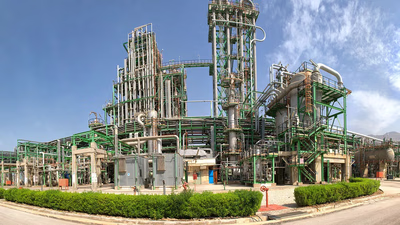
Polypropylene, a versatile thermoplastic polymer, plays a pivotal role in the global petrochemical industry, particularly in West Asia and the Middle East. As one of the most widely used plastics, it is produced from propylene, a by-product of ethylene production. The Middle East stands as a key hub for polypropylene manufacturing, with countries like Saudi Arabia, Qatar, and the UAE leading production due to their abundant petrochemical resources. These producers leverage advanced refinery systems and access to raw materials like butane and propane, essential for propylene synthesis. Polypropylene is used across diverse industries, including packaging, automotive, textiles, and consumer goods. Its demand in the Asian market is soaring due to the rapid industrial growth and infrastructural developments in countries like India and China. Verified exporters and importers in these regions rely heavily on B2B marketplaces for efficient supply chain solutions and trade networking. Middle Eastern polypropylene suppliers capitalize on this surge by connecting through regional product listings and trade advertising platforms tailored for commodity trade.
The polypropylene market in West Asia is bolstered by its proximity to major ethylene and polybutadiene production centers. Ethylene, the backbone of the petrochemical industry, is a critical feedstock influencing polypropylene trade dynamics. Furthermore, derivatives like Styrene Butadiene Rubber (SBR) and Acrylonitrile Butadiene Styrene (ABS) are also integral to the regional market. Trade insights and verified B2B platforms help manufacturers and suppliers build strong networks while enhancing transparency in pricing and quality standards. Aritral offers AI-driven solutions for international trade, simplifying communication between stakeholders in the polypropylene sector. With tools like global sales assistance and AI-powered marketing, it enables smoother transactions and better visibility in the Southwest Asia polypropylene sale market.
-
Styrene Butadiene Rubber: Trade Dynamics in West Asia & Middle East
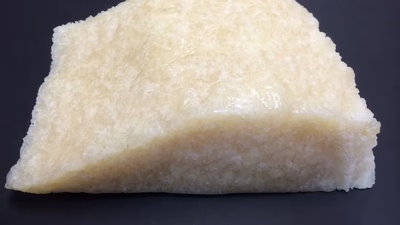
Styrene Butadiene Rubber (SBR) is a key petrochemical product driving trade dynamics in West Asia and the Middle East. SBR, a synthetic rubber derived from butadiene and styrene, is widely used in industries such as automotive, construction, and footwear. The Middle East has positioned itself as a significant hub for SBR production and export, leveraging its abundant petrochemical resources, including butane, propane, and ethylene. Verified exporters and importers on Middle East trade platforms facilitate the exchange of SBR and related petrochemicals, ensuring streamlined supply chain solutions across Asia. West Asia’s SBR market benefits from increasing demand in Asian markets, particularly in countries like India and China, which are major consumers of automotive tires—the largest industry reliant on SBR. Polypropylene and ethylene also play pivotal roles in shaping trade dynamics in the region, with polypropylene serving as a complementary product in packaging and textiles. Trade advertising platforms in the Middle East enable businesses to gain actionable market insights and promote SBR alongside related commodities like Acrylonitrile Butadiene Styrene (ABS), resin, nylon, and polybutadiene. Advancements in logistics and verified B2B marketplaces in Asia have streamlined the transportation and storage of SBR.
General specifications of SBR highlight its superior abrasion resistance, durability, and cost-effectiveness compared to natural rubber, making it a preferred choice for manufacturers. However, challenges such as temperature sensitivity during storage and transportation require precise supply chain solutions. Aritral, an AI-driven B2B platform, simplifies the buying and selling of SBR and other petrochemicals across West Asia and the Middle East. By offering verified regional product listings and enabling direct communication between businesses, Aritral enhances business networking and global sales assistance for exporters and importers. Its AI-powered marketing tools ensure that trade opportunities for products like SBR are maximized in competitive markets.
-
Resin Trade Dynamics in Middle East & Asia: Market Insights
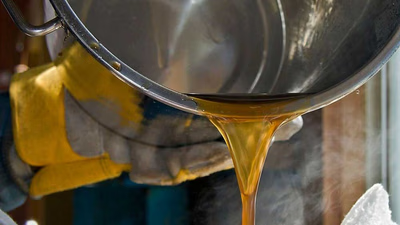
The resin market in West Asia and the Middle East is a dynamic hub for global petrochemical trade, driven by diverse product demand and strong regional production capabilities. Resins such as polypropylene, polybutadiene, and nylon, along with specialty products like phenolic, alkyd, silicone, and epoxy resins, play crucial roles in industrial applications ranging from packaging to automotive manufacturing. The Middle East, with its abundant ethylene production, serves as a key supplier of resin derivatives, shaping trade dynamics across Asia. Ethylene, a vital petrochemical feedstock, is widely utilized for producing polyethylene and other derivatives, making it a cornerstone of Middle Eastern exports. Verified B2B platforms have enhanced the efficiency of ethylene trade by providing market insights and connecting reliable exporters and importers. Polypropylene, another major resin, has witnessed increasing demand in Asian markets due to its versatility and cost-effectiveness. Middle Eastern producers capitalizing on their petrochemical infrastructure have made the region a significant export hub for polypropylene. Similarly, the trade of styrene butadiene rubber (SBR) and acrylonitrile butadiene styrene (ABS) has grown steadily, with B2B marketplaces playing a pivotal role in facilitating transactions, providing supply chain solutions, and promoting verified listings.
Specialty resins such as polyester, phenolic, alkyd, and epoxy resins are also integral to the Middle Eastern export portfolio, catering to industries like construction, electronics, and coatings. The demand for nylon, propelled by industrial applications, is another growing segment in the regional market. Additionally, butane and propane, critical for LPG production, further underscore the region"s petrochemical prominence. Platforms like Aritral simplify the complexities of resin trade by enabling direct communication, offering product listings, and delivering AI-driven marketing solutions. These tools empower businesses to navigate the resin market effectively while leveraging Middle Eastern supply chain strengths and export opportunities. "
-
Market of polybutadiene In West Asia (Middle East)
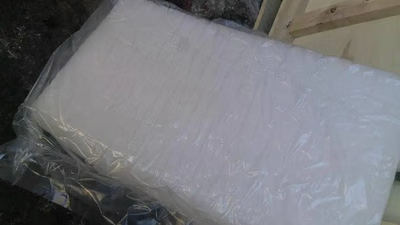
The Middle East is a key player in the global polybutadiene (PBR) market, leveraging its abundant petroleum and natural gas resources. The region has developed extensive petrochemical complexes that produce a variety of chemicals and polymers, including PBR. The availability of butadiene, a crucial raw material for PBR production, is ensured by the region"s rich petroleum reserves. This proximity to feedstock sources reduces transportation costs and enhances competitiveness in both regional and global markets. Countries like Saudi Arabia, UAE, and Qatar have established polymerization plants that contribute significantly to the production capacity of PBR. Investments in research and development are ongoing to improve product quality and meet industry demands. Polybutadiene is favored for its water resistance, abrasion resistance, and flexibility at low temperatures, making it suitable for various applications such as tires and seals. However, it has limitations including low heat resistance and unfavorable processability.
The Middle East also focuses on expanding its downstream industries to add value to its petrochemical offerings by processing PBR into finished rubber products. With strategic access to major shipping routes, the region efficiently exports PBR to markets in Asia, Europe, and Africa while also catering to domestic demand driven by growing automotive and construction sectors. "
-
The largest butadiene unit in West Asia (Middle East)
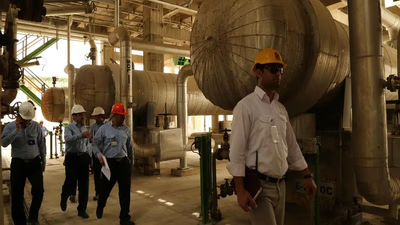
Comprehensive knowledge of polybutadiene rubber (PBR) producers in West Asia is essential for traders to conduct effective market analysis. Understanding supply-demand dynamics, production capacities, and the competitive landscape allows traders to make informed decisions regarding pricing and sourcing. Key producers such as Sadara, Petro Rabigh, Borouge, and Qatar Petrochemical Company play significant roles in the region"s PBR market. With Sadara"s capacity at 150,000 metric tons per year and Petro Rabigh at 130,000 metric tons, these companies are crucial for meeting both domestic needs and export demands. The insights gained from knowing these producers enable traders to optimize their supply chains by identifying reliable suppliers and assessing production capabilities. Additionally, this knowledge opens up opportunities for market expansion by identifying emerging producers and new capacities. The recent establishment of a large butadiene unit is expected to generate significant revenue through exports to countries like Japan and China. Traders can leverage detailed information about PBR producers to stay updated on market trends, negotiate better contracts, and develop risk mitigation strategies against potential supply chain disruptions.
-
Chemical properties and safety data sheet of polybutadiene rubber
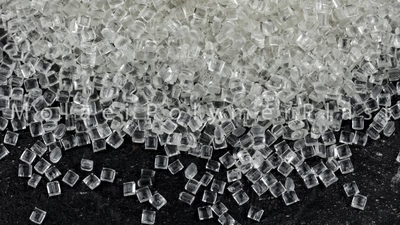
Polybutadiene rubber (PBR) is a synthetic polymer formed from butadiene monomers, characterized by its light yellow color and solid state. Its properties vary based on the configuration of double bonds during polymerization, influencing its applications in various industries. Safety considerations are crucial when handling PBR, as it can pose health risks if not managed properly. The material is stable under normal conditions but can catch fire at high temperatures (332 °C) and should be stored away from oxidizing agents. It is insoluble in water but soluble in organic solvents like hexane and toluene. Proper personal protective equipment (PPE) is recommended to prevent skin irritation and respiratory issues from inhaling rubber dust or fumes. Storage guidelines dictate that PBR should be kept in a cool, dry place, ideally below 30 °C, and away from heat sources. Packages must be transported according to shipping standards, ensuring they are placed on wooden pallets and stored in polyethylene containers. Disposal of PBR waste must comply with local regulations to prevent environmental contamination.
-
What are the uses of polybutadiene rubber?
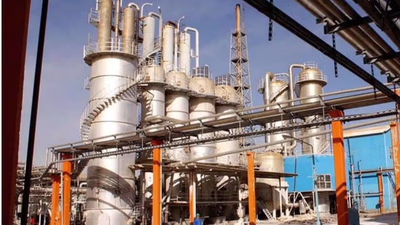
Polybutadiene rubber (PBR) is known for its high elasticity, resilience, and excellent abrasion resistance, making it ideal for various applications. It is extensively used in tire manufacturing, where it enhances performance by improving rolling resistance and traction. PBR"s durability and flexibility also make it suitable for conveyor belts, seals, gaskets, and vibration dampers in automotive and industrial settings. Its chemical resistance allows it to withstand exposure to oils and fluids, which is crucial for automotive components. Additionally, PBR is utilized in sporting goods like golf balls and tennis balls due to its resilience. The material"s low glass transition temperature ensures flexibility even in cold environments. PBR can be blended with other rubbers to tailor its properties for specific applications, enhancing its versatility across industries.
-
Whats is Polybutadiene rubber?
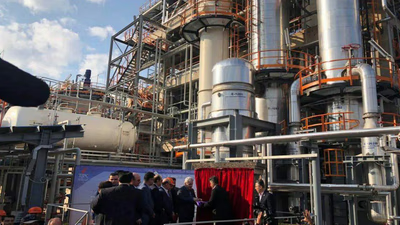
Polybutadiene rubber (PBR) is a synthetic elastomer derived from the polymerization of butadiene, a petroleum-based monomer. It is known for its high resilience, excellent abrasion resistance, and low glass transition temperature, making it suitable for various applications. PBR is predominantly used in the tire industry, accounting for over 70% of its consumption, where it enhances traction and durability. There are two main types of PBR: high cis and high trans, each offering different properties such as elasticity and stiffness. The material can be modified with additives to improve characteristics like oil resistance and heat stability. In addition to tires, PBR is utilized in industrial products such as conveyor belts, hoses, seals, and adhesives. Its versatility allows manufacturers to tailor its properties for specific applications by adjusting molecular structure or incorporating fillers like carbon black. The production process involves polymerization using catalysts and can be executed through various methods including solution or emulsion polymerization.
Overall, polybutadiene rubber"s unique properties contribute significantly to its widespread use across multiple industries. "

















